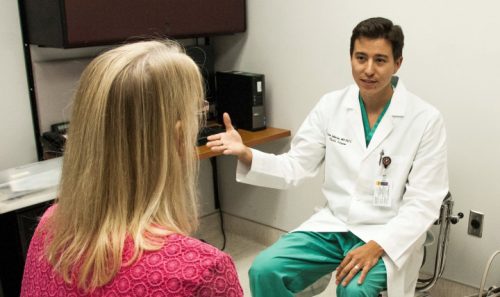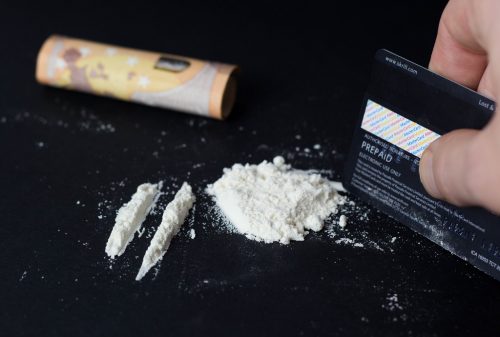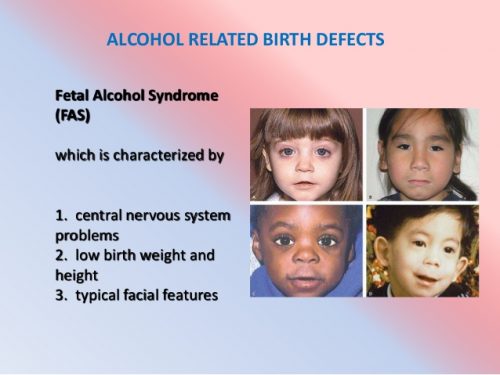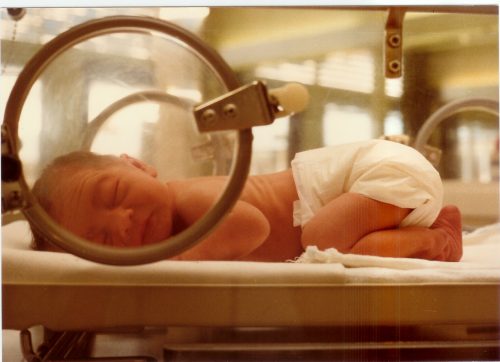The primary goal of the California Certification Board is to promote mental health. The organization also aims to prevent substance abuse, especially to the younger generation. The proliferation of drugs and other prohibited substances is a pressing issue that the community must immediately address to. There have been reported cases of crimes wherein the perpetrators were high on drugs as well as instances of overdose leading to the death of some users.

Here at California Certification Board, we want people to feel comfortable in seeking professional help when it comes to dealing with addiction. First of all, it is essential to highlight the fact that substance addiction is completely dangerous. It can affect the cognitive function of the persons involved. At the same time, the continued use of prohibited drugs can also lead to chronic illness. Because of this, we encourage everyone to find an addiction psychiatrist.
What Is Addiction Psychiatry?
There are several subspecialties in psychiatry, one of which is addiction psychiatry. This focuses on the symptoms, causes, diagnoses, and treatment of people who are suffering from mental conditions related to addiction. It must be noted that it does cover not only substance abuse but also an addiction to sex, alcohol and even food. The medical doctors who specialize in this field are considered as experts when it comes to substance abuse and other impulse control disorders.
How Is Addiction Diagnosed?
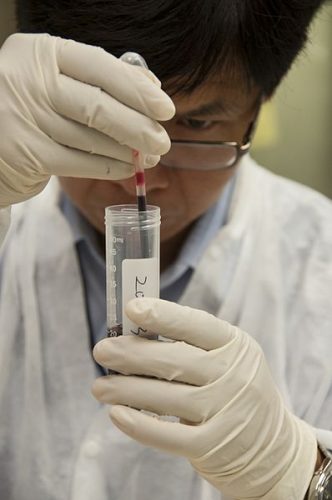
Addiction is a severe mental health illness that must be diagnosed in its early stage so that prevention or recovery can be immediately taken. A health professional must diagnose this kind of condition. As much as possible, people must refrain from making self-diagnosis as it can only put their health in jeopardy. The right thing to do is to refer a particular case to an addiction psychiatrist. The patient will be asked to undergo several tests and examinations to determine the extent of his addiction. After that, the psychiatrist will give out the findings with a complete statement about the material details related to addiction.
Can Addiction Be Treated?
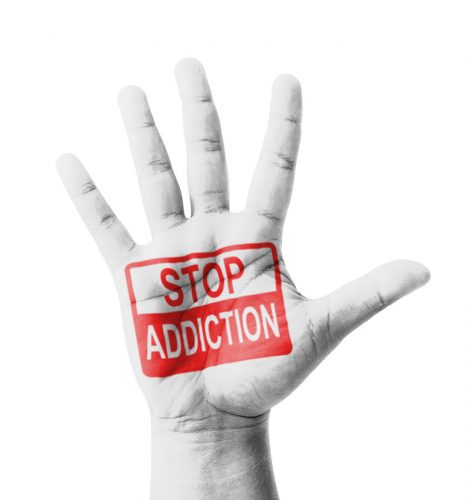
Nowadays, there have been several developments in the field of addiction psychiatry that allows the medical doctors to handle addiction as a mental condition. The treatment plans that will be recommended by psychiatrists will differ from one person to another. Each patient is examined thoroughly so that the doctor can create a specific treatment plan for him. There is a necessity to isolate each case from the other since the degree of addiction and other circumstances vary. Aside from this, the psychiatrists can prescribe certain medications for the patients who have an addiction to narcotics, drugs, sex, alcohol, and food.
If you know someone who has a problem regarding addiction, do not hesitate to bring him to an addiction psychiatrist. Keep in mind that immediate action is required to prevent the situation from getting worse. When it comes to dealing with a psychiatrist, be sure to find the professional who is distinguished in the field of addiction psychiatry. Be careful in selecting the doctor who will handle the case.







